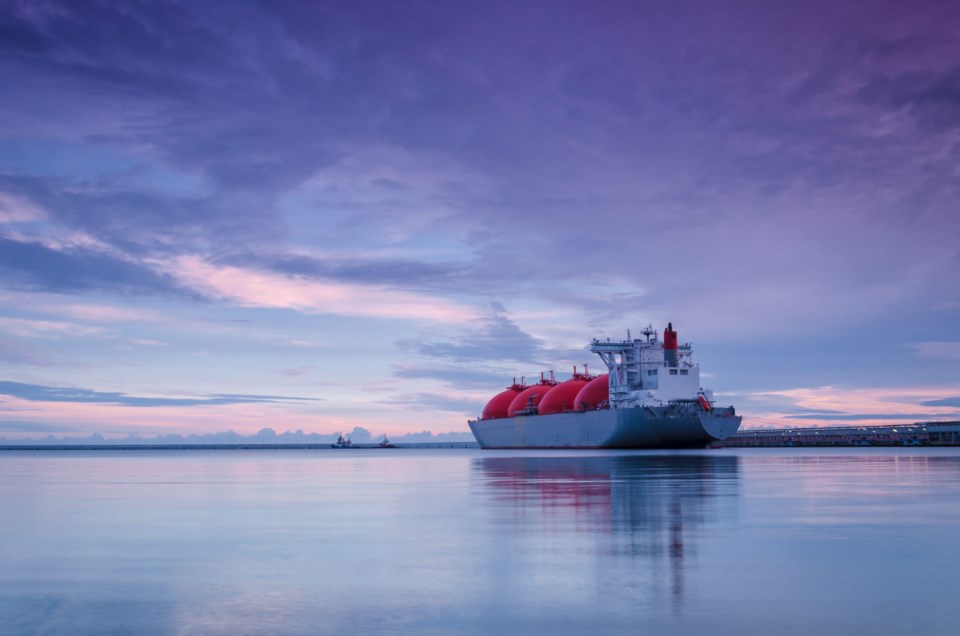Do roads and airports count as fossil fuel subsidies?
What about reductions in vehicle registration fees?
How about diesel generators for remote Indigenous communities with no other options for home heating?
The answer to all of those questions is a simple no. But you still hear a constant refrain calling on government to stop subsidizing “big oil.” These claims often misrepresent fair and legitimate tax treatments, source unrelated information, and mislabel things as subsidies to help inflate their numbers.
Most importantly, Canadians aren’t losing money on the resource sector. Every barrel of oil and every molecule of natural gas produced supports vital jobs in the province and generates desperately needed revenues for governments at every level.
To claim natural gas producers get more in subsidies than what governments and Canadians get back through royalties and taxes is simply false. But some groups take advantage of the public’s understandable unfamiliarity with resource rents and royalty programs to make claims that don’t add up.
For example, take reports drafted by the Winnipeg-based International Institute for Sustainable Development (IISD). A report from summer 2020 claimed that the oil and natural gas sector had received over $16 billion in subsidies while a report IISD released last month brought their number down to $600 million, which is still incorrect. That’s a pretty big gap in just a year. What’s going on?
It’s not uncommon. Groups like IISD often take aspects of tax measures and royalty programs – tools that generate revenue for governments – and mischaracterize those as subsidies, which creates confusion. Things like things like roads, airports, and reductions in vehicle registration fees are often included. It seems they can’t make up their minds on what to keep in and what to exclude when it comes to claiming what constitutes a subsidy.
There’s never been a worse time to make this argument. Infrastructure spending is needed to help maintain jobs throughout the pandemic. Suggesting we stop building and maintaining major roads and bridges is unhelpful.
In their most recent report, IISD included funding for remote Indigenous communities where diesel generators are used to heat homes. In many cases, diesel is one of the few options available; should government not offer support during a crisis?
It’s clear from the drop in numbers between reports that even IISD is trying to sort out what should and shouldn’t be counted – but still present reports like this as hard facts.
Resource production in Canada is subject to royalties, charged by the provinces that own the resource, and taxes from every level of government. The exact opposite of a subsidy, these are significant drivers of income for municipalities, provinces, and the federal government. From 2017 to 2019 the upstream oil and natural gas sector contributed an average of $10 billion per year to governments across Canada through royalties, taxes, and other revenues.
Since 2003 when B.C. introduced the Deep Royalty Credit program, the natural gas and oil industry has invested $90 billion into the province, which has in turn generated $24 billion in direct provincial government oil and natural gas revenues – an average over $1.3 billion of direct resource revenues every year.
In B.C. we have a huge opportunity. As the world acts to implement emission targets, natural gas is forecasted to be one of the fastest-growing sources of global energy for the next two decades. British Columbia can produce some of the lowest emission natural gas and LNG in the world.
Growing global demand could be met by resources from Canada – or from countries that are not making the same efforts to drive down emissions. In addition, there is significant economic opportunity. Some of that work has already started with the Coastal GasLink Pipeline and LNG Canada under construction right now.
When you see vague reports and claims about subsidies, dig a bit deeper. The oil and natural gas sector is vital to Canada’s recovery and contributes to communities across the country. We need to think about ways to attract more investment, not drive it away.
Jack Middleton is an Advisor for Citizen Engagement and Outreach in B.C. with CAPP.
SWIM ON:
- Jack Middleton last wrote about a February cold snap, and the need for reliable energy sources.
- That very same cold snap led to soaring spot LNG prices, said industry expert Rashid Husain Syed.
- Karen Ogen-Toews: how much First Nations business comes from government?



